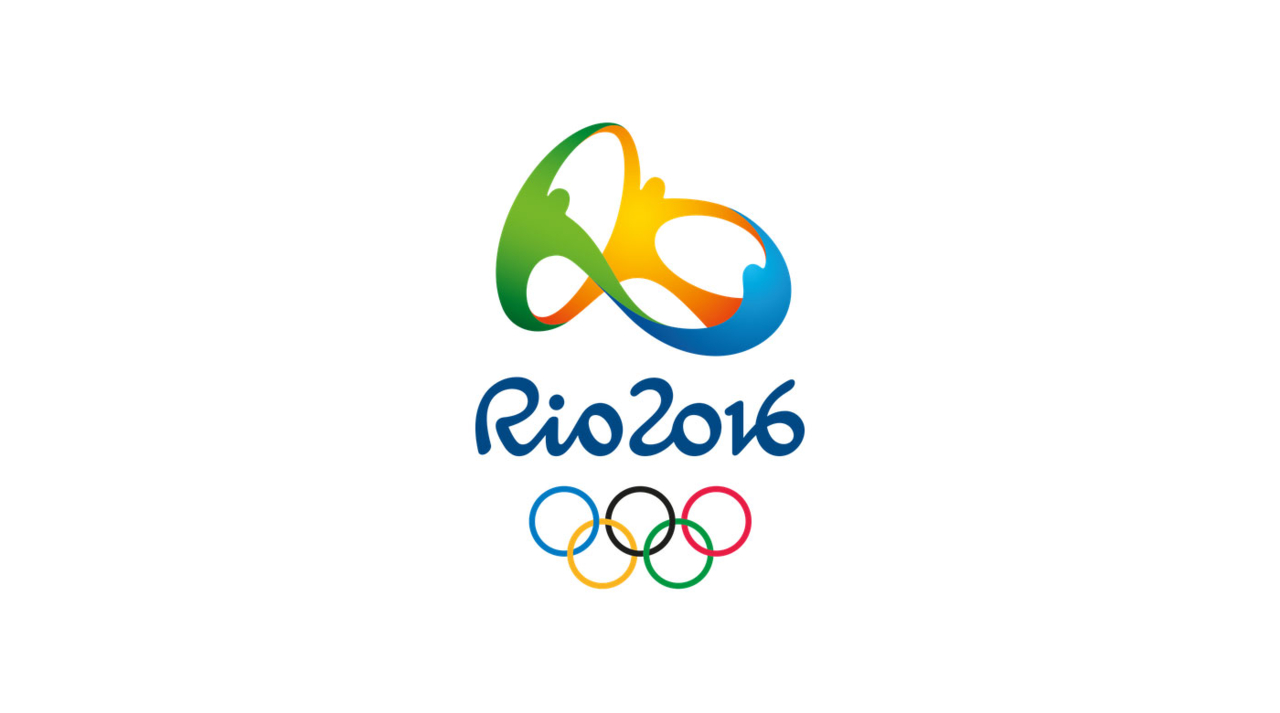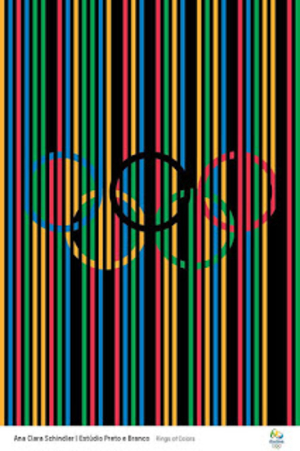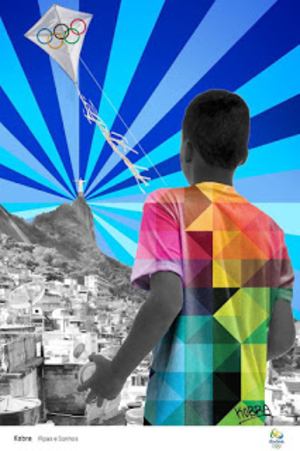
Rio 2016
The first Olympic Games ever in South America.
The Olympic Games were held from 5 to 21 August 2016 in Brazil, in four of Rio's boroughs (Barra da Tijuca, Copacabana, Deodoro and Maracanã). The districts were tied together by a new transport system, which has been particularly important in terms of future environmentally friendly infrastructure. Due to the great refugee disaster in Syria, Africa and Europe, the IOC created a separate Olympic refugee team of 10 people, which competed under the Olympic flag. The refugees came from Ethiopia, Democratic Republic of Congo, Syria and South Sudan. The fair-play award was presented to American runner Abbey D'Agostino. The accident happened during the women's 5000m, where Nikki Hamblin from New Zealand fell and took Abbey with her in the fall. Nikki was unable to get back up with an injured ankle. Abbey was quickly back on her feet, but chose to help Nikki finish instead of running on. For the first time, Norway fielded more women than men in the Olympic team, and participated in the following sports: Wrestling, archery, athletics, golf, gymnastics, handball, rowing, sailing, shooting, swimming, cycling, taekwondo and triathlon.
Facts:
- Participants: 11 237
- Nations: 207
- Exercises/Sports: 306/28
- First time: Kosovo and South Sudan
- Suspended: Kuwait, but the country's athletes could participate individually
- New sports: Golf and rugby (Golf was included in 1900 and 1904. Rugby in 1900, 1920 and 1924)
Norwegian medals:
Bronse:
- Rowing, double sculls Olaf Tufte and Kjetil Borch
- Rowing, lightweight double sculls, Kristoffer Brun and Are
- Wrestling, Greco-Roman style 59 kg, Stig André Berge
- Handball, Norway's women's national team
Two out of thirteen of Rio's official poster program, designed by known Brazilian artists.


